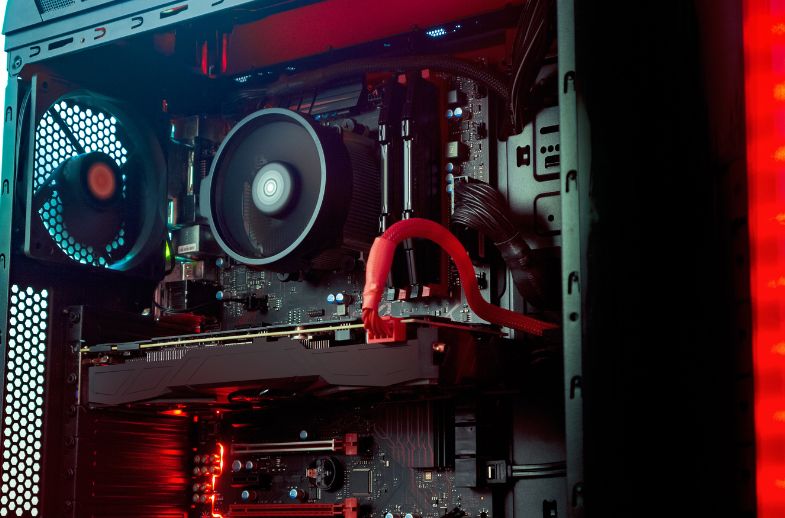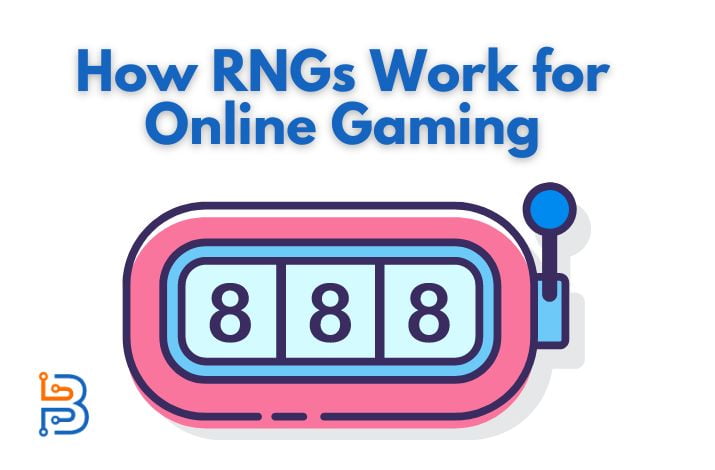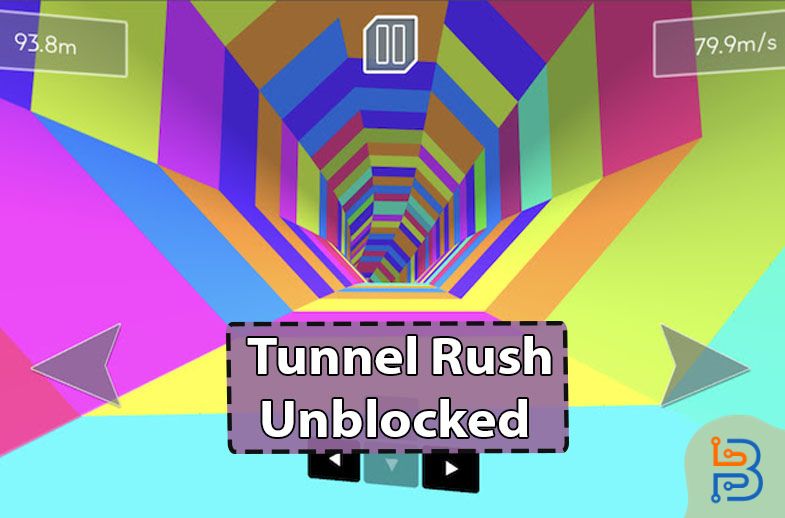
Traditional computers are enough to carry out everyday operations, but you need specialized Gaming PCs when it comes to playing the latest games. A well-configured system with all the new and modern components allows you to enjoy smooth and immersive gameplay. A gaming PC with recommended system requirements can handle modern AAA titles and ensure you get the best graphics and performance. We have developed this guide to explore the key components that make up a Gaming PC. Alongside this, we will learn about the specifications and recommended system requirements to understand why they are crucial for an enhanced experience.
Gaming PC Specs
We have enlisted the important specifications of a Gaming PC. You can learn about them to improve your knowledge and get insights about the features to look for when purchasing a computer to fulfill your interest.
1 – Central Processing Unit (CPU)
The Central Processing Unit is a Gaming PC’s main component that determines whether you can play a particular game or not. It is responsible for retrieving and executing the stored data in different processes to use it for the desired purposes. If you want your PC to meet recommended system requirements, consider purchasing a gadget that consists of a modern multi-core processor from Intel. Core i7 and i9 are the best in the business currently. Similarly, you can go with a product containing AMD (Ryzen 7 or Ryzen 9).
CPUs with these processors have multi-threading capabilities and offer excellent single-core performance. Additionally, they can clock the speeds desired for smooth gaming. Above all, you should look for a CPU with a minimum of six cores and twelve threads to handle modern games, as they get benefits from multi-core processing.
2 – Graphics Processing Unit (GPU)
Next, you should look for an advanced Graphics Processing Unit, as it plays a pivotal role in rendering Graphics and delivering stunning game visuals. A wide range of options are available in the market. But you must go with the product that possesses the necessary specifications to meet the recommended system requirements. A complete GPU consists of 2 components as Graphics Card and VRAM.
- Graphic Cards: NVIDIA emerged as one of the top contenders to design high-end graphic cards, especially for gaming. Computers with RTX 3070 or higher possess the potential to deliver stunning views of the most modern games, like GTA 5, Forza Horizon, and more. AMD Radeon RX 6700 XT or higher cards will also have the same power and promise to deliver optimized results.
- VRAM: VRAMs are another crucial component of a GPU. They come in various capacities that decide their performance and functional capabilities. Try to have your hands on a PC with a VRAM of 8 GB or more, as it ensures smooth texture loading and handling of high-resolution assets in modern games.
3 – Random Access Memory (RAM)
The faster a computer is to retrieve the data and load it on the temporary memory storage, the more efficient it will work. Random Access Memory, most commonly known as RAM, plays the primary part in this operation. It is a must component of every computer that ensures multitasking seamlessly. It becomes more important when you want to run high-end games on your PCs. You must consider the RAM with the following specifications for recommended Gaming PC system requirements.
- Capacity: The more capacity a RAM possesses, the more efficient it will be in its working. Try to have the product with a capacity of 16 GB or more to run the latest games conveniently without facing any lag.
- Speed: RAM’s clock speed is another critical factor that determines the efficiency of your system. DDR4 RAM with a clock speed of 3200 MHz or higher is the best in business to reduce loading time and enhance overall performance.
4 – Storage
When it comes to storing heavy games with larger back-end data files, storage performs the deciding role. Fast storage allows quick game load times and reduces the in-game stuttering as much as possible. With time, the developers have launched two significant types of storage drives. In the under-section, we have elaborated on both to help you learn about their specifications for recommended system requirements.
- Solid State Drive: If you want to minimize the loading time of your PC while running high-end gaming applications, consider purchasing NVMe SSD as your primary storage. It not only offers faster read and write speed but also cuts down the lagging. An SSD of 500 GB or more storage capacity is preferably the best option.
- Hard Disk Drive: Hard Disk Drives are also critical for gaming PCs as they can serve as a secondary storage drive for Gaming PCs. HDD with a larger capacity of 1 TB or more can store other files and games.
5 – Cooling System
The cooling system is also important for Gaming PCs as they get heated readily when running heavier files for longer. Consequently, they may obstruct normal performance, impacting the performance frustratingly. To maintain the optimal temperature, you must consider the following systems to meet the recommended system requirements.
- CPU Cooler: A high-end CPU cooler, whether air or liquid, ensures that your PC’s temperature is controlled.
- GPU Cooler: The latest GPUs come with advanced cooling systems, but you must look for one that can be customized as per requirements.

6 – Miscellaneous
Besides the components mentioned in the above sections, you should look for some other parts, including the motherboard, power supply unit, connectivity options, peripherals, and case. As a result, you can fulfill the recommended system requirements.
Final Verdicts
That’s pretty much it. Regular PCs can carry out day-to-day tasks easily. However, when it comes to gaming PCs, the system specifications have to be exceptional. That is because most of the games being developed these days demand high system requirements. Keeping different factors in mind about gaming, we have discussed system specifications individually in detail. These specifications will help you understand what specifications a good gaming PC should have.






